Haskins Global Literacy Hub Policy Summit
Bridging Policy, Research, and Practice
Featuring Working Conversations from Reading Leads at State Departments of Education and Haskins Literacy Researchers
TRAILERS
A half day summit...
On July 22nd Haskins Global Literacy Hub Summit and the AIM Institute for Learning & Research featured presentations from researchers on the Science of Reading and stories from State Departments of Education, Offices of Early Childhood, and Offices of Special Education on how they are “moving the needle” through the advancement of the Science of Reading and its implementation in their states.
Goal of the Summit
- Create bidirectional relationships between the State Departments of Education and researchers
- Launch collaborative working groups and tools for knowledge sharing and access ays translate this knowledge into practical benefits;
- Facilitate research-based pilot programs adapted to the local context
- Explore the opportunity to establish a national repository
... Followed by Working Groups
Following the initial summit, working groups were formed to create collaborative relationships with researchers across states.
- Working Group 1: Foundational Literacy Skills and Early Childhood
- Working Group 2: Secondary Struggling Readers: Middle School and High School
- Working Group 3: Multilingual Learners
- Working Group 4: Students with Learning Disabilities
Each working group will meet on:
- September 16
- October 19
- November 18
- December 16
at the following time (EST):
- Working Group 1: Foundational Literacy Skills and Early Childhood – 11 am
- Working Group 2: Secondary Struggling Readers: Middle School and High School – 1 pm
- Working Group 3: Multilingual Learners – 3 pm
- Working Group 4: Students with Learning Disabilities – 5 pm
Goal of the Working Groups
- Share success stories from DOE’s
- Collaborate and problem-solve on current challenges
- Network with stakeholders and researchers
- Report on session to be shared with other stakeholders and US DOE
- Report on session to be shared with other stakeholders and US DOE
What the research says
- Teachers require content knowledge (i.e., the Science of Reading) especially related to the structure of the English language
- Teachers also need to know how to apply that knowledge - that is, pedagogical principles of instruction necessary to teach students how to read
- Substantive professional learning opportunities can increase teachers’ knowledge as well as their ability to apply that knowledge for instruction
- Professional development that strives to improve teachers’ knowledge and practice is best situated within Multi-tiered Systems of Support (MTSS)
- In addition to focusing on content and pedagogy, effective professional development offers sustained coaching and frequent opportunities for collaboration and reflection

AGENDA
July 22 – 11am to 3pm EST
- Welcome and introduction 11:00 - 11:05
Dr. Benjamin Powers - Director of the Haskins Global Literacy Hub and Headmaster of the Southport School (CT)
- The Literate Brain 11:05 - 11:50
Prof. Kenneth Pugh - President and Director of Research at Haskins Laboratories
- Connecting the Dots: Linking Educator Knowledge, Student Outcomes and Training Initiatives 11:50 - 1:15
Prof. Timothy Odegard - Chair of Excellence in Dyslexic Studies at the Middle Tennessee State University
Kiffany Pride, Ed.D. - Assistant Commissioner of Learning Services Arkansas Department of Education
- Break 1:15 - 1:30
- Case Study - Mississippi 1:30 - 2:00
Kristen Wynn - Literacy Director - Mississippi Department of Education
- Q&A session 2:00 - 2:45
Moderator: Dawn Brookhart - Associate Director of AIM Institute for Learning and Research
- Next steps 2:45 - 2-55
Moderator: Dr. Margie Gillis - President and Founder of Literacy How, Inc.
- Closing remarks 2:55 - 3:00
Moderator: Dr. Margie Gillis - President and Founder of Literacy How, Inc.
Times indicated are in EST
Participate to a working group
If you want to participate to a working group and have not participated to the policy summit, please contact us at policy-summit@haskinsglobal.org mentioning your name, institution, position with this organization and why you would like to participate. We will examine your request and come back to you as soon as possible.
Access the recording
If you couldn’t attend the Policy Summit but wish to watch the recording, please go to the Videos of Demand page.
The team
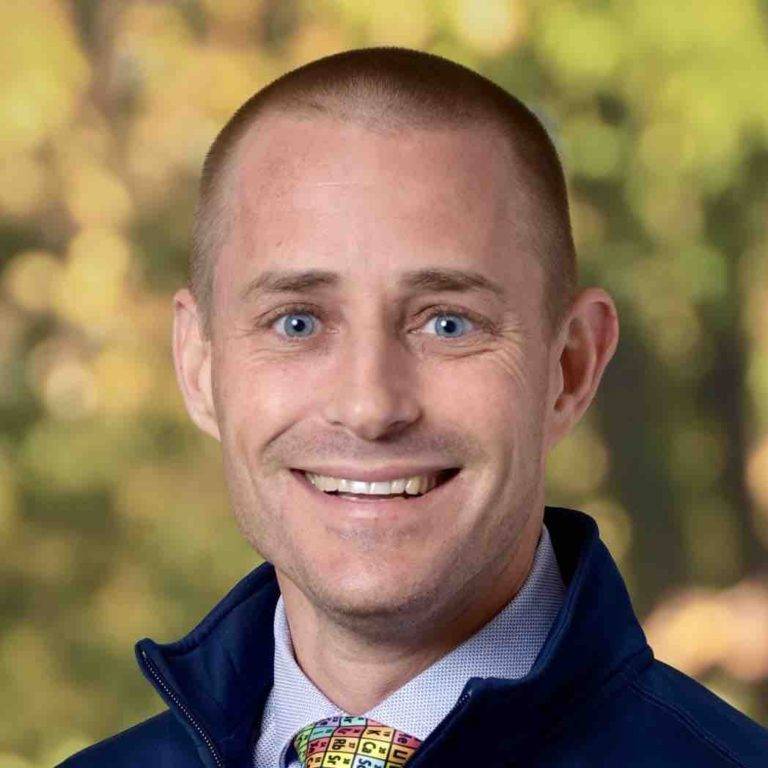
Ben Powers, DBA
Haskins Laboratories & SouthPort School
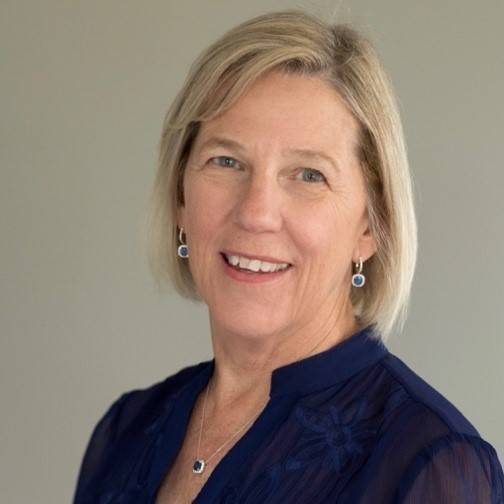
Margie Gillis, PHD
Literacy How
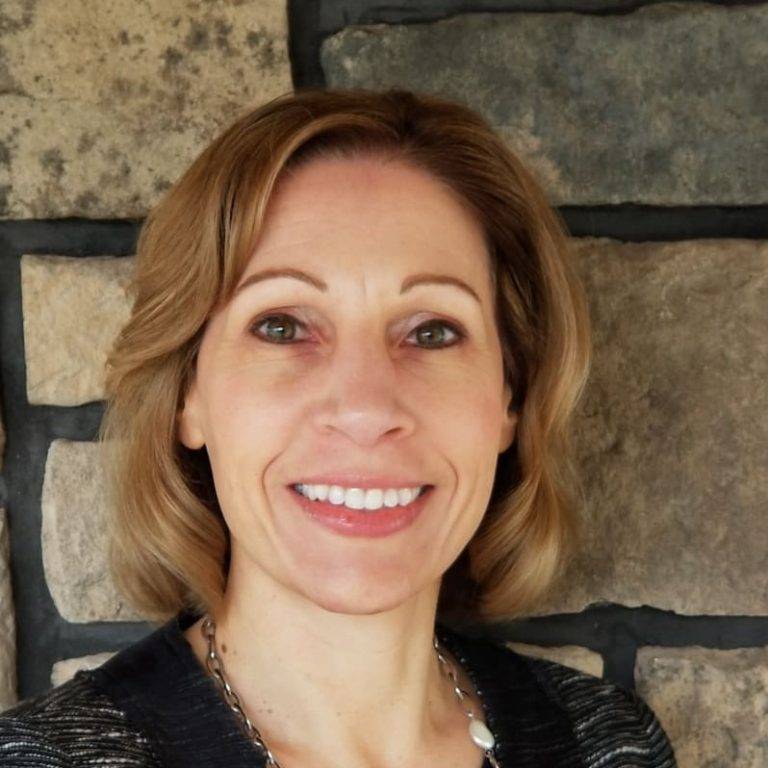
Dawn Brookhart
AIM Institute for Learning & Research
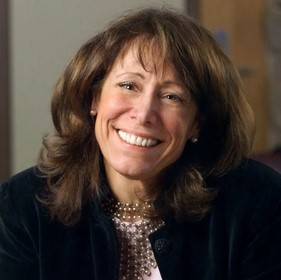
Joan Mele-McCarthy, PHD
The Summit School
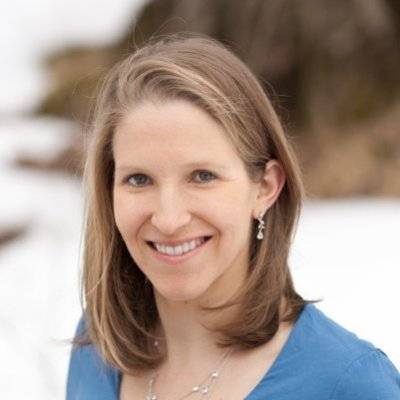
Caitlin Lombardi, PHD
University of Connecticut
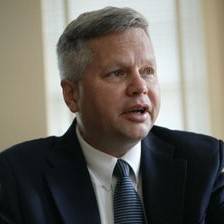
Kenneth pugh, phd
Haskins Laboratories (USA)
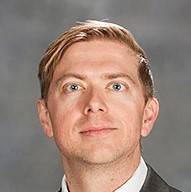
Timothy N. Odegard, PHD
Middle Tennessee State University
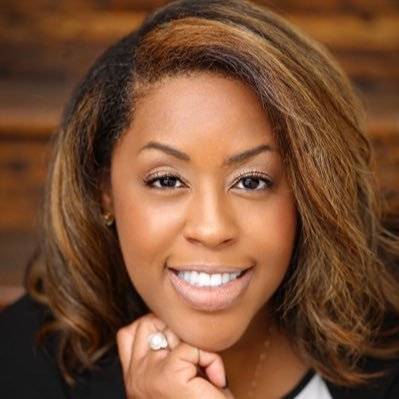
Kiffany Pride, Ed.D
Arkansas Department of Education
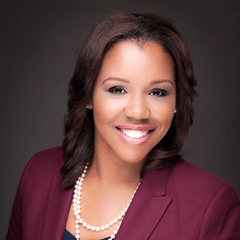
Kristen Wynn
Mississippi Department of Education
HOSTS
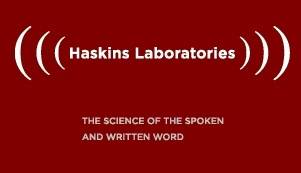
Haskins Laboratories
Haskins Laboratories is a private, not-for-profit research institute founded in 1935, with a scientific mission to investigate the biological basis of speech, language and reading, and their related disabilities. Together with long-standing collaborators from University of Connecticut, Yale University, and over 40 international partners, Haskins has pioneered the scientific theories that guide current clinical and educational remediations for speech and reading disabilities, including the motor theory of speech perception, the orthographic depth hypothesis, the phonological basis of dyslexia, and the neurobiological system that supports reading. The over-arching mission of the Laboratories is to leverage cutting-edge science to enable those with language impairments to participate more fully in society.

AIM Institute for Learning & Research
The AIM Institute for Learning & Research®, in tandem with AIM Academy, was launched in 2006 with the belief that teachers can best serve struggling learners when they are knowledgeable about current trends in the neurological and behavioral bases of learning and reading. AIM’s vision was to create a bridge between this research and classroom practice, through teacher training in evidence-based practices. Our ultimate goal is to foster a professional learning community hub where top researchers and practitioners can work side-by-side to advance the field of education.
Sponsors

Emily Hall Tremaine Foundation
The Emily Hall Tremaine Foundation will seek and fund innovative projects that advance solutions to basic and enduring problems. With an overall emphasis on education, principally in the United States, it will take an active role in three major areas:
- Art
- Environment
- Learning Differences
Our efforts will reflect the entrepreneurial spirit of our family forbearers and the founder’s distinction for foresight, imagination and risk taking. We shall pursue our mission so that the Foundation will also engender family unity, equality, and mutual respect, and serve to educate family members in philanthropy, service and stewardship
SPONSORSHIP OPPORTUNITIES
SPONSORSHIP offers great visibility with engaged educators, State Departments of Education literacy leaders, Offices of Early Childhood, and Offices of Special Education and researchers who are committed to education and understand the importance of research-based decision making and evidence-based instructional practices.
LEAD SPONSOR
- Logo promotion on registration page
- Verbal recognition during opening remarks of the summit
- Post-event recognition through logo placement and URL link on the archived recording website
- Logo/company name listed on promotional materials
- Press/public relations and social media exposure
SPONSOR A SPEAKER
- Verbal recognition during opening remarks of the summit
- Logo/company name listed on promotional materials
- Press/public relations and social media exposure
SPONSOR A WORKING GROUP
- Verbal recognition during opening remarks of the summit
- Name listed on event agenda
